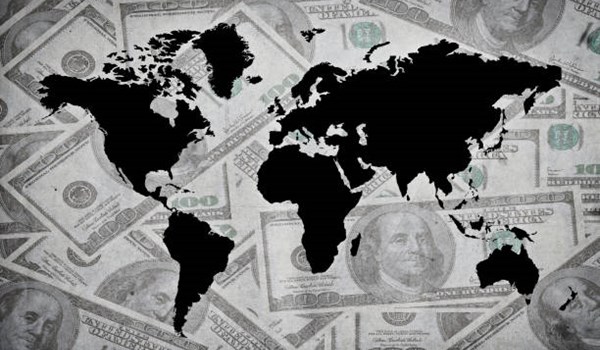Four right-center parties that reached an agreement to form the government of the Netherlands have presented a joint program. The coalition agreement heralds a change in political direction, writes the Polish Economic Institute in its analysis. What will be the priorities of the new government?
In the Netherlands, after nearly 14 years, there will be a change in the position of Prime Minister. The outgoing Mark Rutte resigned in July 2023 as a result of escalating political tensions and controversies related to immigration policy and social reforms. The cabinet was formed by four parties – PVV, VVD, NSC, and BBB.

Netherlands changes government
According to an article by Sebastian Sajnog, the new government continues to prioritize a green economy. Investments in renewable energy are planned, including the development of wind and solar farms and support for companies transitioning to eco-friendly technologies.
Does the netherlands want to abolish the CO2 tax?
“The coalition maintains the European climate goals but changes the policy mix. The new agreement provides for lowering energy taxes, abolishing the Dutch CO2 emission tax in the European ETS system, and reducing subsidies for electric vehicles and solar panels,” the study author writes.
He emphasizes that, on the other hand, the coalition plans to build four instead of two nuclear power plants and increase taxes on airline tickets. Available analysis previously showed that the current and proposed measures might not be sufficient to achieve a 55% reduction in emissions by 2030. If climate targets are not met, the coalition partners stipulate that they will develop additional policies, which means the possibility of adjusting climate policies during their implementation.

Change in relations with the EU
Another priority of the Dutch cabinet is actions aimed at increasing housing availability. Accelerating construction processes and introducing tax breaks for developers building rental housing are planned. In the next five years, the government’s goal is to reach a housing supply level of 100,000 units annually, aimed at alleviating the housing crisis.
According to the author of the study, the change of cabinet signals more difficult relations with the EU. The government intends to introduce more restrictive regulations on accepting new immigrants.
It will likely also oppose attempts to increase the EU budget. In comments, such as those in Politico, analysts also suggest a cool stance towards the accession of new community members, including Ukraine.





